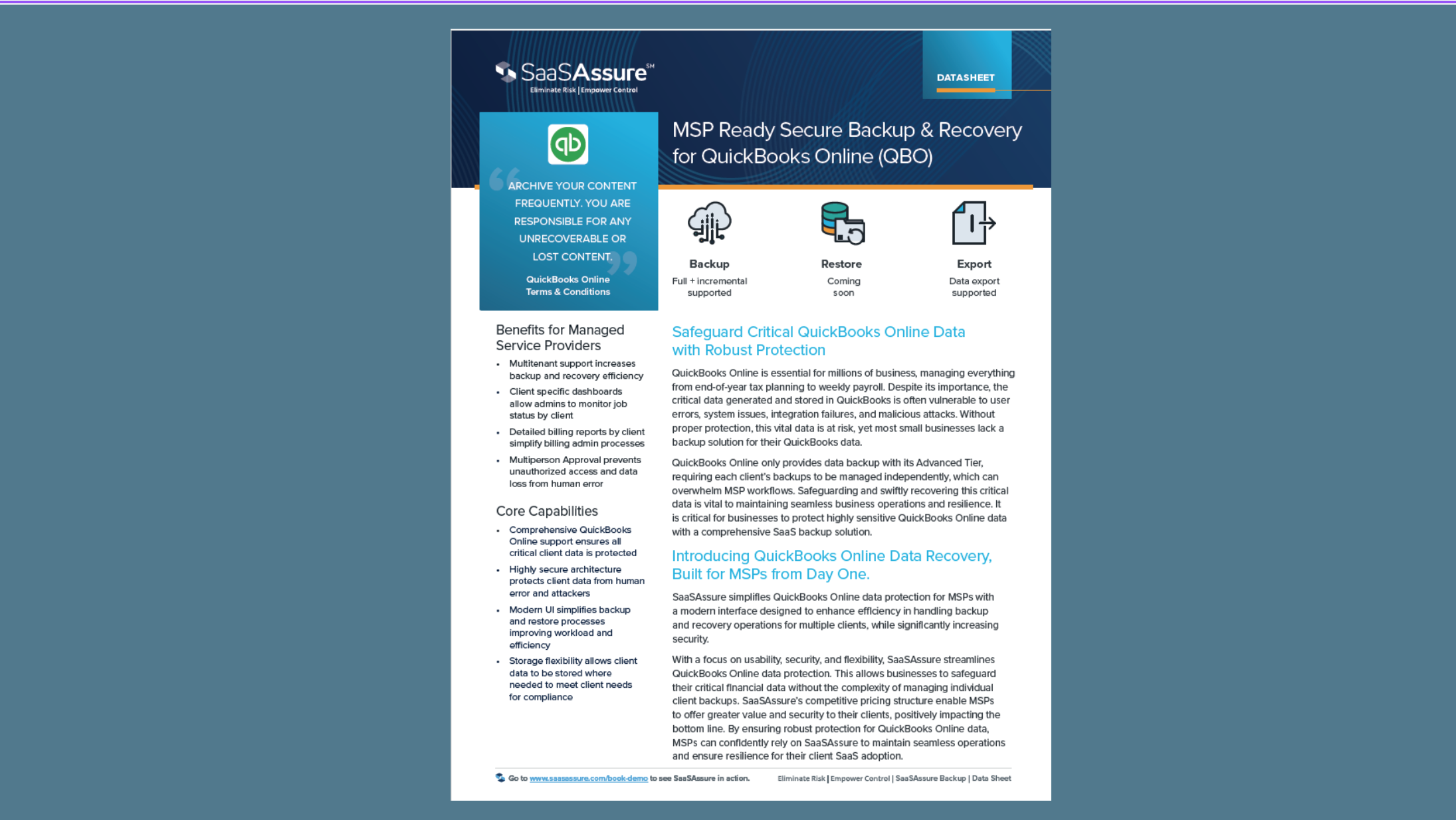Much remains to be determined about what Carbonite’s $618.5 million purchase of Webroot will end up meaning for those companies and their partners. But much of what motivated the deal comes down to one word frequently invoked in M&A transactions: synergy.
Combining Carbonite’s backup and failover solutions with Webroot’s security and threat intelligence offerings will equip the two companies to both shield endpoints from attempted attacks and restore compromised files after successful ones. The realization that in the age of ransomware businesses large and small need comprehensive, layered data protection capabilities like those was a big part of what inspired Carbonite to buy a security vendor, according to Senior Vice President of Marketing Norman Guadagno.
“We thought that our mission to ultimately protect data had to extend beyond simply backup and recovery, and that if we could add in cybersecurity we would be crafting a solution that would be very powerful and very much needed,” he says.
Webroot shares that perspective. “BDR is not simply a disaster recovery feature,” says Charlie Tomeo, the company’s vice president of worldwide business sales. “It’s a security feature.” Providing it together with what’s traditionally thought of as security software will allow the Carbonite-Webroot tandem to provide end users a complete offering, he continues.
Moreover, Carbonite and Webroot have synergistic channels as well. Though the former company sells through plenty of MSPs, it’s relationships with traditional VARs are far more extensive. Conversely, while Webroot works with resellers, the bulk of its partners are MSPs.
“When we uncovered the strength that Webroot had with their MSPs and their integration with RMM [platforms], and the strength we have with VARs, we saw that this could be a really powerful combination,” Guadagno says.
Exactly what that powerful combination sells, and how, remains uncertain for the moment though. Webroot will ultimately be a wholly owned subsidiary of Carbonite that continues to do business under the Webroot name. However, neither company is speaking much yet about how tightly their products will integrate with one another, or whether what are now two solution portfolios will eventually become one. That’s partly because the acquisition is brand new and partly because leaders at both companies are constrained from what they can say until the deal officially closes.
“We really can’t discuss any of those detailed integration plans or visions,” Guadagno states. “What we can say is the Webroot team and the Carbonite team are excited about looking at how we serve the market today and finding the places that our complementary technology and our complementary approach to cloud-based services can work together.”
The potential impact Webroot’s threat intelligence platform could have on Carbonite’s backup products is a broad example of where that complementary approach could lead, he continues.
“Imagine scenarios where not only is it updating the endpoint cybersecurity but perhaps it’s asking the Carbonite client to confirm that a backup has happened, and to do another backup if one has happened but we see a threat coming in, or if there’s a new type of threat that maybe attacks specific files,” he says.
How Carbonite takes advantage of Webroot’s well-established alliances with leading RMM and PSA software makers is also still to be determined. As Guadagno shared with ChannelPro last August, Carbonite is well aware that companies like Datto are assembling managed service software suites that couple BDR and security technologies with tools for managing those solutions, calling the long-term viability of stand-alone BDR providers into question. Webroot’s relationships with vendors like ConnectWise and Ninja MSP could provide the basis of a strategy for countering that threat.
“As we get to know the partners that Webroot has and the nature of their relationships, and we can talk to those partners about what they’re looking for in terms of adding data protection, backup, and recovery to the services they offer, I think there’s going to be a big opportunity for growth and a win-win there,” Guadagno says. “How we’re going to be able to extend and leverage and enhance those relationships, that’s an unknown at this point.”
Also unknown is how many of those relationships are headed for break-ups. Companies like Datto and Continuum with data protection portfolios may be less enthusiastic about partnering with Webroot now that it’s part of a data protection vendor itself. Without citing either of those companies by name, however, Tomeo predicts that only a handful of “born-in-the BDR” manufacturers are likely to consider severing ties. “I think it’s going to be a limited impact.”
Neither Tomeo nor Guadagno will address another important topic for the Carbonite and Webroot channels just yet—whether their currently separate partner programs are destined for a merger eventually. “It’s probably too early to tell,” Tomeo says.
Guadagno agrees, but adds that the wait for answers to that and a wide range of other questions may not be long.
“After we close the deal in 30 or 45 days, we can start to dig deeper into telling that integration story with the world,” he says.













